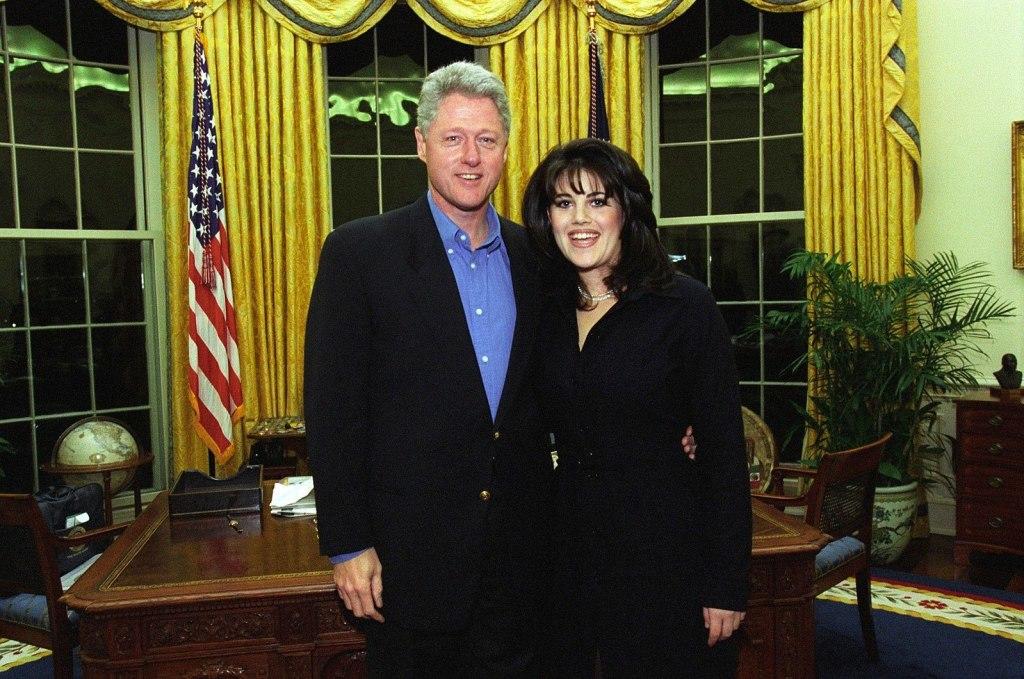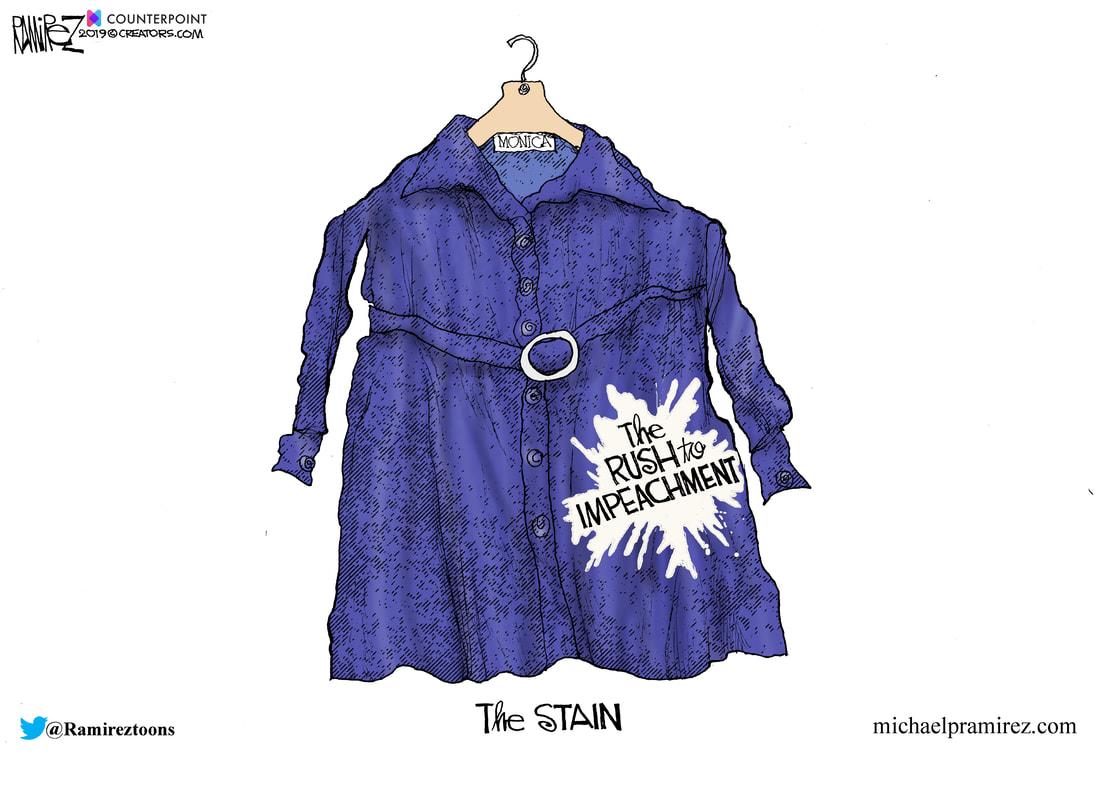What If Monica Actually Had Taken The Stand?
Imagine if Monica Lewinsky had taken the stand as a witness in President Clinton’s 1999 impeachment trial. Imagine the drama of the young former White House intern sitting in the well of the Senate recalling how the president encouraged her to sign a false affidavit after learning that she would be a witness against him. It would have been an unforgettable moment. But it didn’t happen for the simple reason that few in the Senate wanted to hear such evidence.
During the Clinton trial, the House impeachment managers were surprised to learn that the upper chamber’s Republican majority agreed with Democratic demands not only to bar live testimony but to limit depositions to three witnesses and take them in private. It was a decision that might have determined the outcome of the trial. Soon the Senate will have to decide whether to replicate the same constraints on the trial of President Donald Trump.
Whether witnesses are required at a presidential impeachment trial is an open question. The 1868 trial of Andrew Johnson resembled a criminal proceeding. The House managers called 25 prosecution witnesses and Johnson’s defense team called 16 witnesses. During the Clinton impeachment, the issue of witnesses came up during House Judiciary Committee hearings. As an expert called to address the constitutional standards, I explained that the Framers didn’t explicitly require witnesses in the House or the Senate but there was likely an expectation — drawn from English impeachments — that witnesses would be called at a Senate trial.
While I favored calling witnesses, the issue wasn’t clear-cut because the underlying investigation into Mr. Clinton had spanned years. Two independent counsels had interviewed dozens of witnesses. Rather than call the same people to testify again, the House decided to rely on the massive record supplied by independent counsel Kenneth Starr. Senate Democrats not only opposed calling witnesses; all but one voted to dismiss both articles without any trial. Minority Leader Chuck Schumer – who has demanded that witnesses be called in the Trump impeachment trial – as a freshman in 1999 disdained witness testimony as “political theater.”
In the end, the senators considering whether to remove Mr. Clinton from office heard only excerpts from depositions by three witnesses — and even that was over Democratic objections.
Here is what they — and the public — didn’t hear.
Ms. Lewinsky gave an interview to A&E last year revealing that Mr. Clinton encouraged her in a 2:30 a.m. phone call to submit a false affidavit to the independent counsel.
This raises the possibility that the president committed a variety of crimes, from suborning perjury to witness tampering. Apparently, when Mr. Clinton learned that Ms. Lewinsky was on the witness list in Paula Jones’s sexual-harassment lawsuits, he did what many Democrats have accused Mr. Trump of doing: He called a witness to influence her testimony.
Moreover, Ms. Lewinsky claimed in the interview, she called Vernon Jordan, one of his friends and political allies, and he took her to meet Frank Carter, a lawyer who had her sign an affidavit denying any intimate relationship with the president. She says Mr. Jordan also offered the inexperienced 24-year-old a job with Revlon, where he was a board member.
Ms. Lewinsky said that she was terrified and that the president had assured her that “I could probably sign an affidavit to get out of it.” She also said that Mr. Carter assured her that if she signed the false affidavit, she might avoid being called as a witness. Messrs. Carter and Jordan have denied that they urged Ms. Lewinsky to lie.
Imagine, again, the most riveting moment that never occurred in an impeachment.
Ms. Lewinsky might have taken the stand and told senators that Mr. Clinton not only had an affair with a young intern but also pressured her to lie under oath. She might then have described how her lawyer had allegedly advised her to sign a false affidavit. Even before the GBP MeToo movement, such testimony would have put many Democratic senators in a difficult position.
While one of the articles of impeachment referred to Mr. Clinton’s “encouraging” Ms. Lewinsky‘s false statements, had she publicly testified about what the president said in his early morning phone call, it would have been evidence of subornation, witness tampering and obstruction of justice. It would have destroyed the argument made by his defenders that he did nothing but lie about a personal affair.
Now we are debating again whether to call witnesses at an impeachment trial. While Mr. Schumer has argued that witnesses are essential in a trial, he only means Democratic witnesses. The witnesses that Republicans could be expected to call – like Hunter Biden – would be, says Mr. Schumer, a “distraction.”
Only in an impeachment trial can the jury protect itself from testimony it doesn’t want to hear.
Tyler Durden
Fri, 12/27/2019 – 11:10
via ZeroHedge News https://ift.tt/2Q1xoaT Tyler Durden

